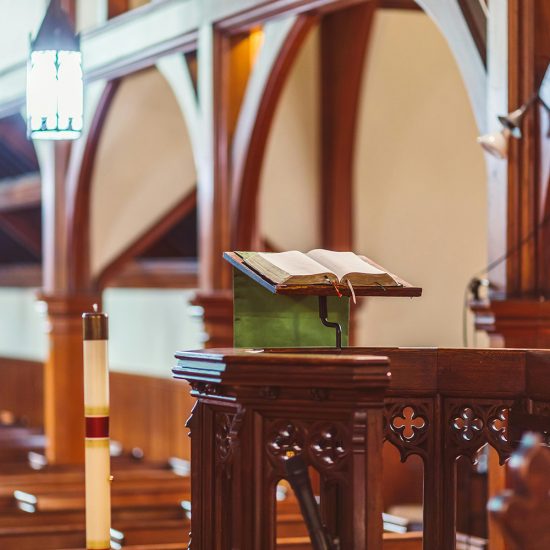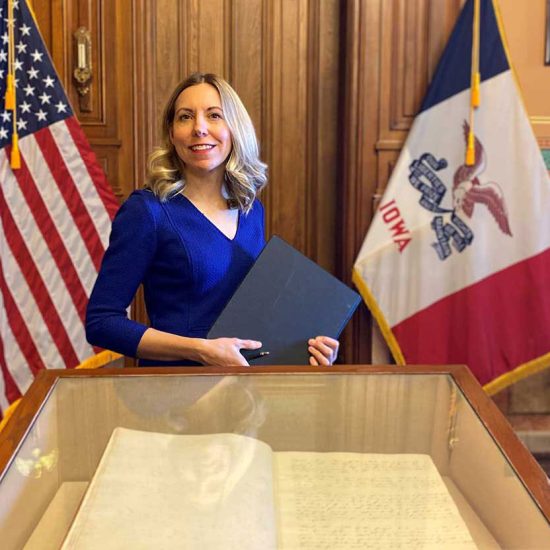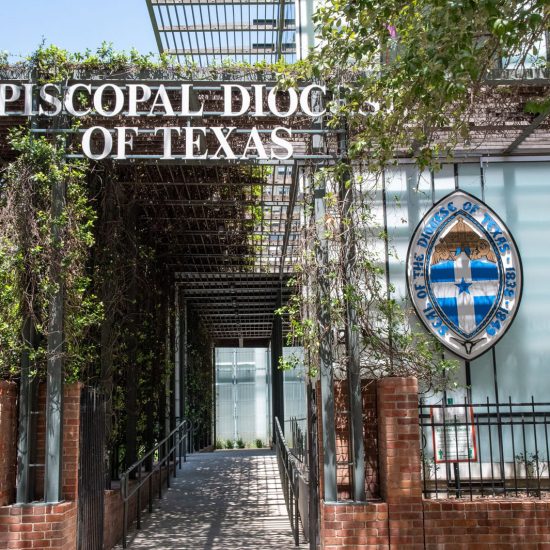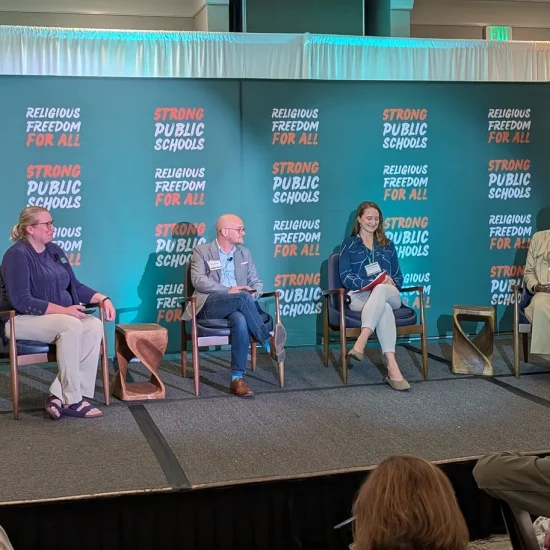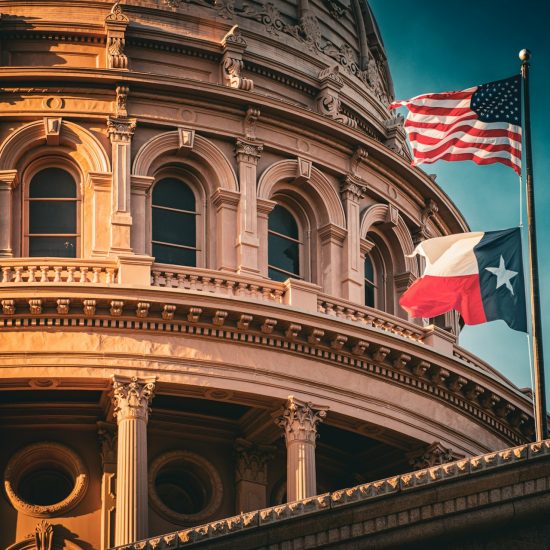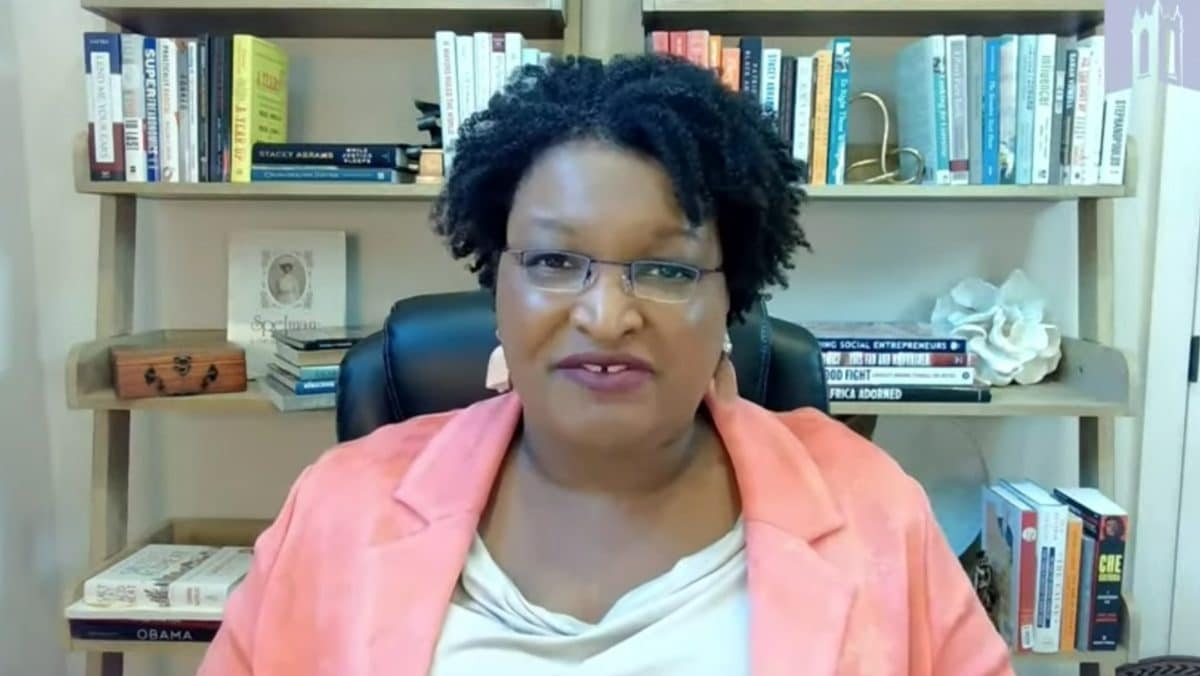
(RNS) — Former Georgia House Minority Leader Stacey Abrams used a virtual Washington, D.C., pulpit to preach a message supporting efforts to push back on voting rights restrictions.
“If we want to ensure and endure, and enjoy the blessings of liberty, we cannot be part of denying those blessings to others,” the daughter of two retired United Methodist ministers said in a sermon Sunday (Aug. 8) at Foundry United Methodist Church. “We are all apostles, we are all called by the Lord’s grace to do his good. And if we do that good, justice will be won.”
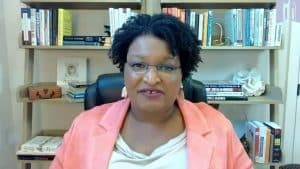
Stacey Abrams preaches a virtual sermon Sunday, Aug. 8, 2021, at Foundry United Methodist Church in Washington, D.C. (Religion News Service screengrab)
Abrams said she supports the Texas Democratic delegation “in exile,” who have left their state in an attempt to prevent limitations on voting from being passed by that state’s legislators. She compared them to her preacher mother, whom she recalled walking out of a church she was visiting that refused to allow the elder Abrams to be seated with other clergy because the host pastor did not recognize her call to ministry.
“What Texas Democrats did is say that if you’re going to try to steal the voices of our people, we will not help you do this,” she said. “We have the responsibility sometimes to deny and defy convention. Because sometimes convention’s just wrong. Sometimes convention is simply in place because no one has had the temerity to say no.”
Abrams lost her 2018 bid for governor by 50,000 votes to Brian Kemp, then the state’s top elections official, and announced in her concession speech her founding of Fair Fight, a voter access organization.
Her sermon Sunday was based on the Apostle Paul, quoted in the New Testament Book of 1 Corinthians as saying “Am I not an apostle?” when he sought equal treatment. She compared his question to anti-slavery feminist Sojourner Truth’s “Ain’t I a Woman?” speech and her mother’s struggles against congregations that opposed clergywomen.
Abrams, a member of a United Methodist congregation in Georgia, noted she was speaking to a church in Washington, where there have long been calls for statehood due to D.C.’s lack of representation in Congress.
“You see, we have this opportunity in this moment if we fight for the right to vote, if we fight for fair districts, if we fight for states’ rights for the District of Columbia and the territories that have been held by this nation for far too long without full representation,” she said. “We have the opportunity to answer Paul’s nonrhetorical question.”
Though Abrams admitted she has far less experience preaching than her parents, she said she learned more than she might have planned about theology serving as her parents’ “official typist” when they wrote papers while attending Emory University’s Candler School of Theology.
“I know more about (Karl) Barth and (Paul) Tillich; I actually know what an exegesis should be, and I know what I am not,” she said, emphasizing her role as a guest speaker.
Abrams said her mother, the Rev. Carolyn Abrams, helped her to appreciate the sacredness of voting by pointing out that the remaining apostles, though handpicked by Jesus, voted for who should succeed Judas, who died after betraying him.
“If the act of replacing an apostle is not a sacred duty, if the act of electing those to speak for us is not a sacred duty, I do not know what is,” Abrams said Sunday. “For me it is a sacred responsibility because it is how we live out the call of our Lord for justice and for mercy.”

